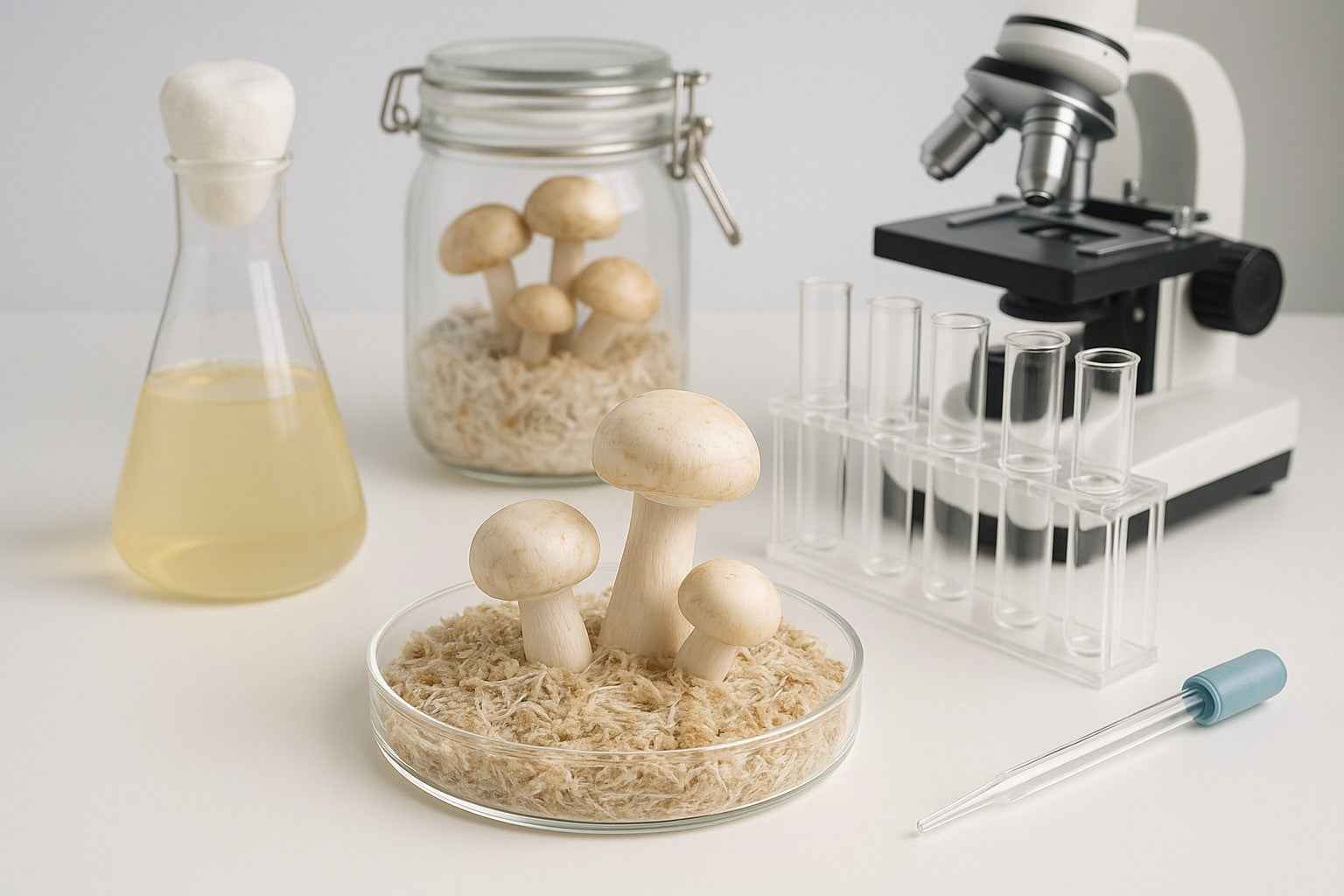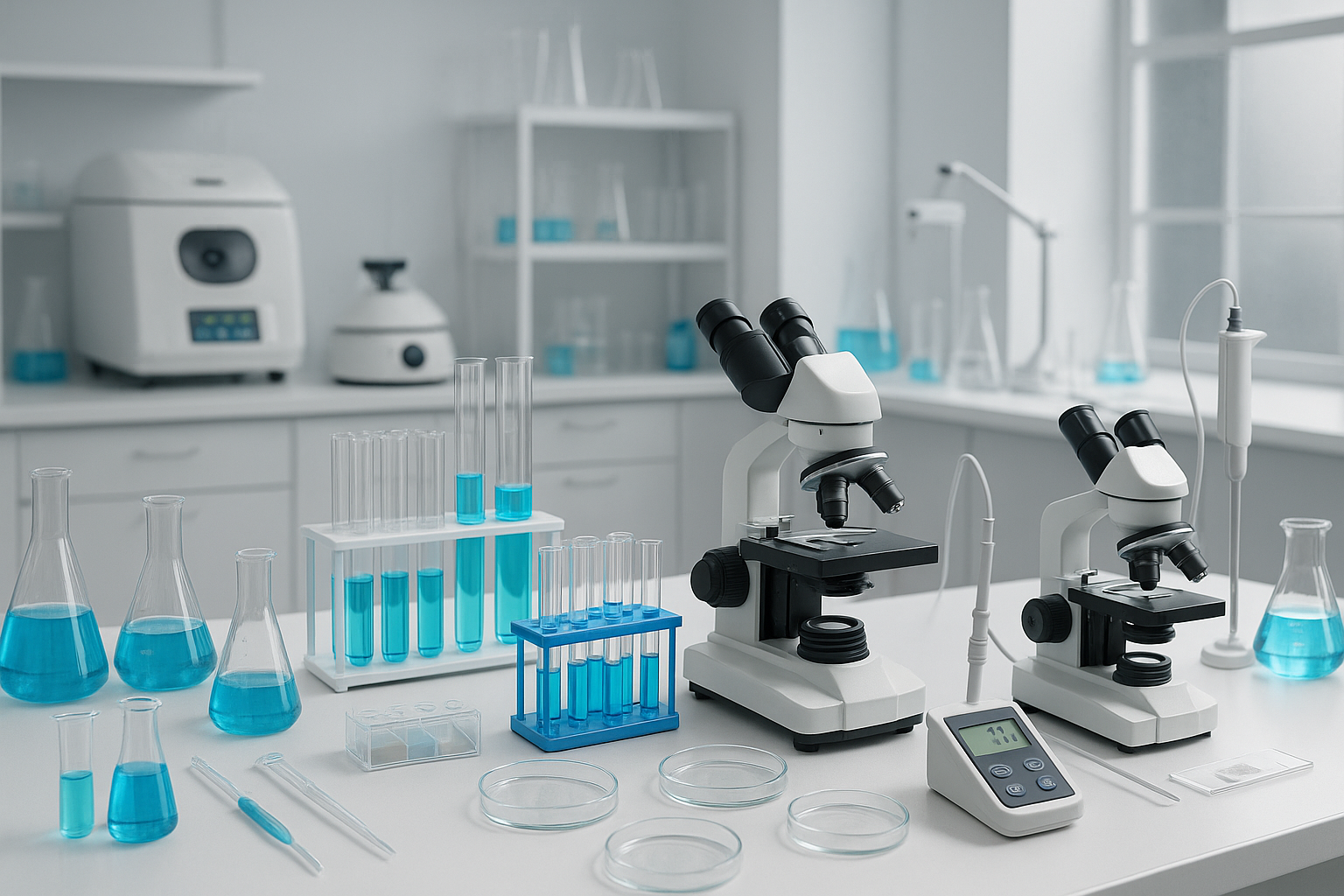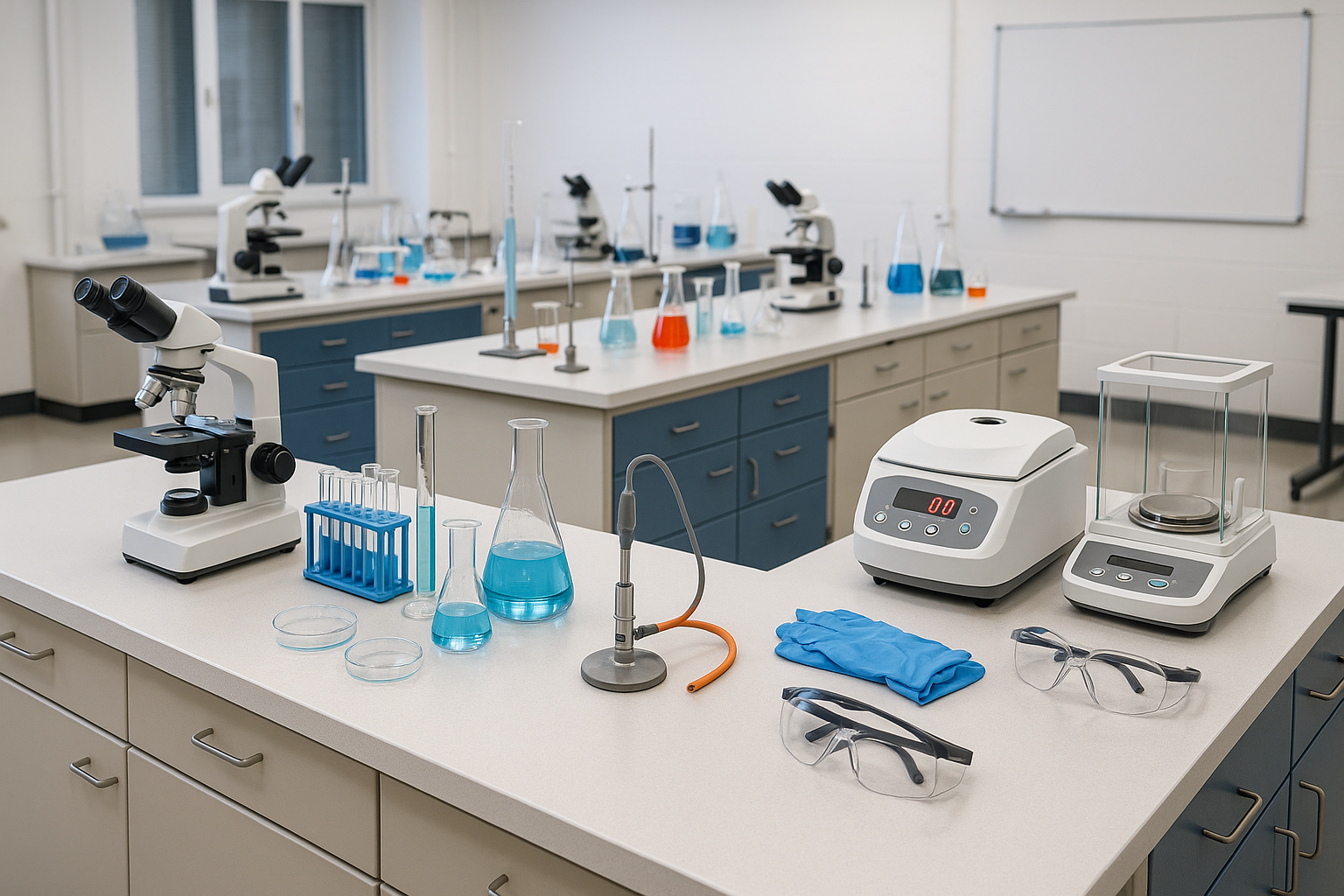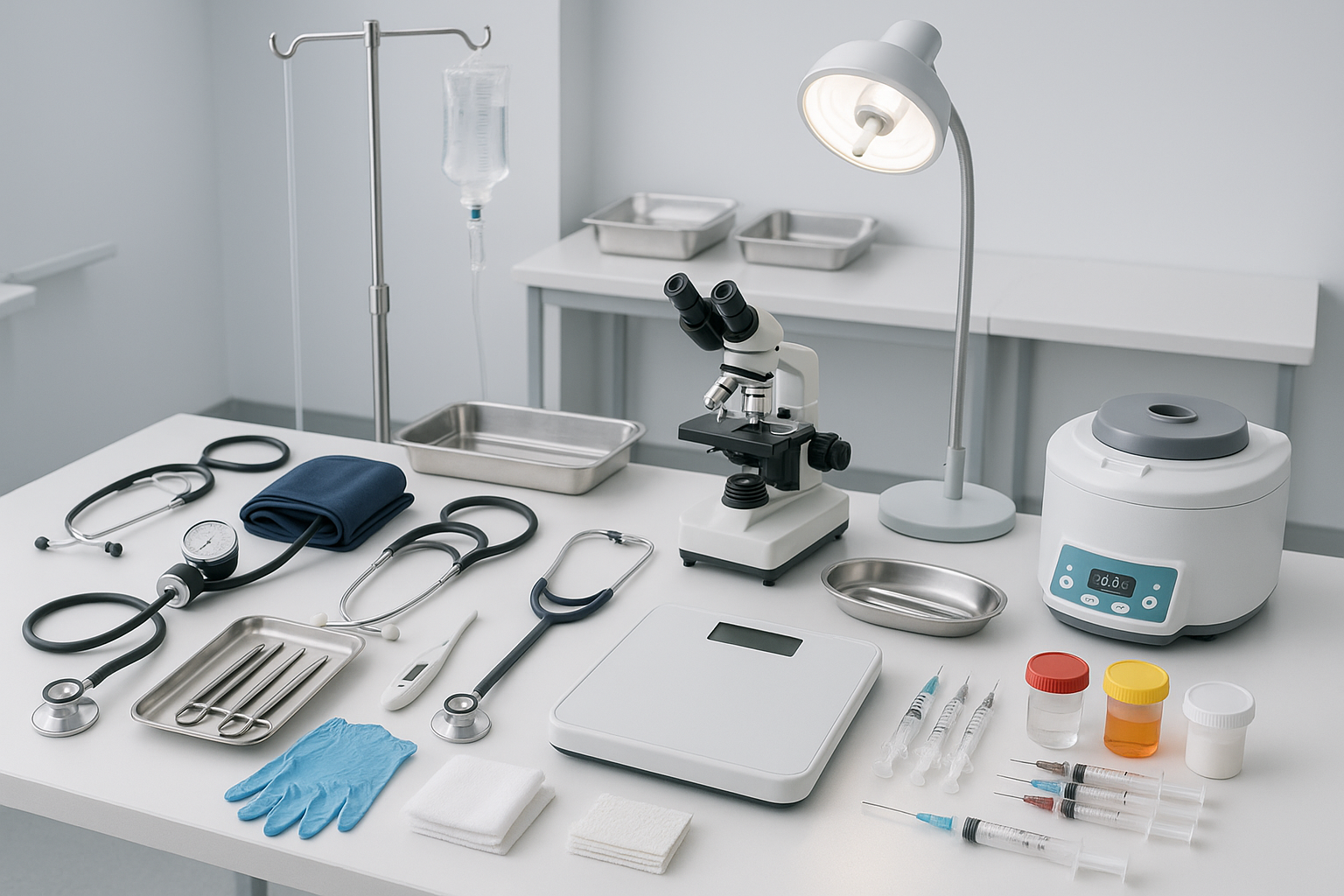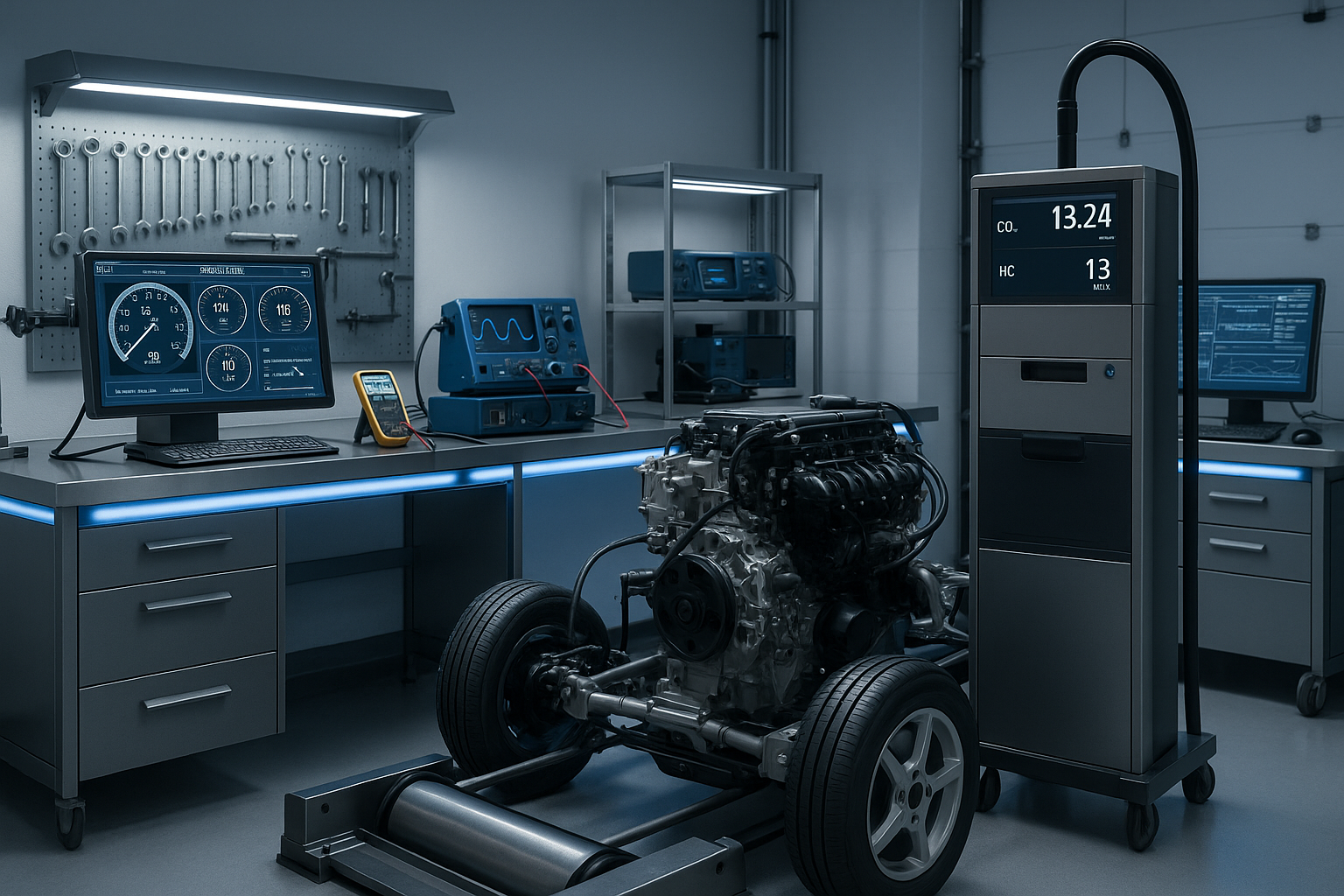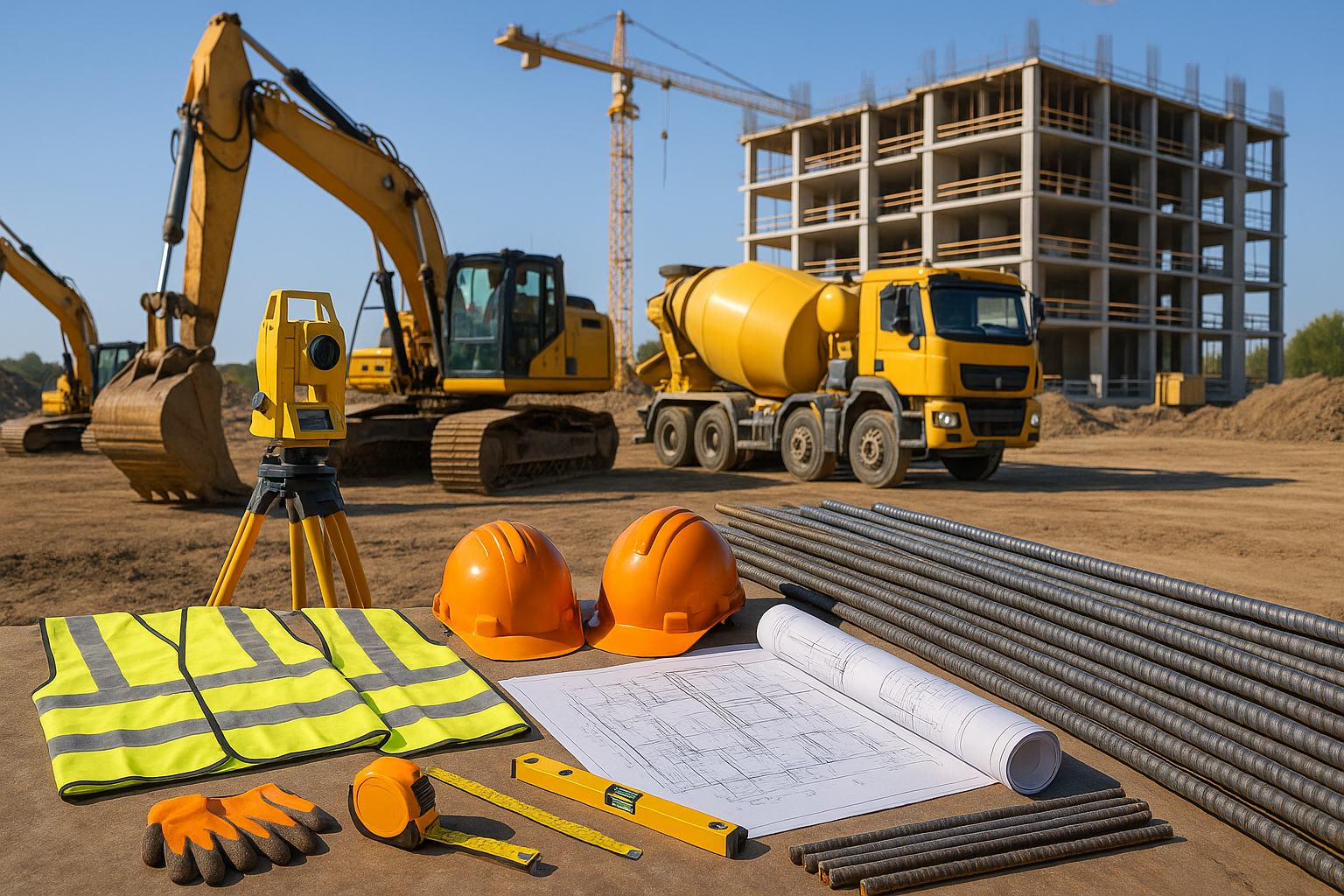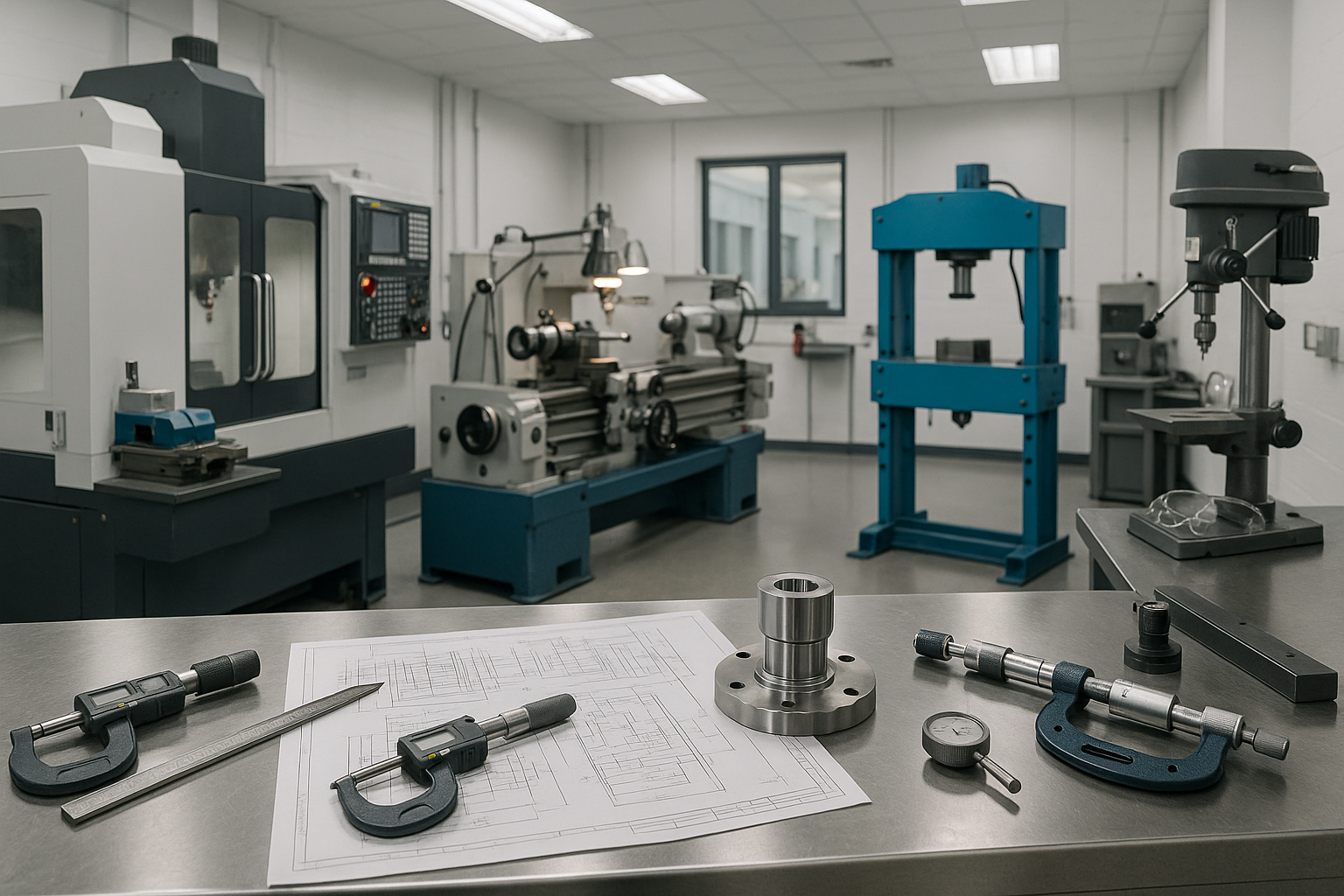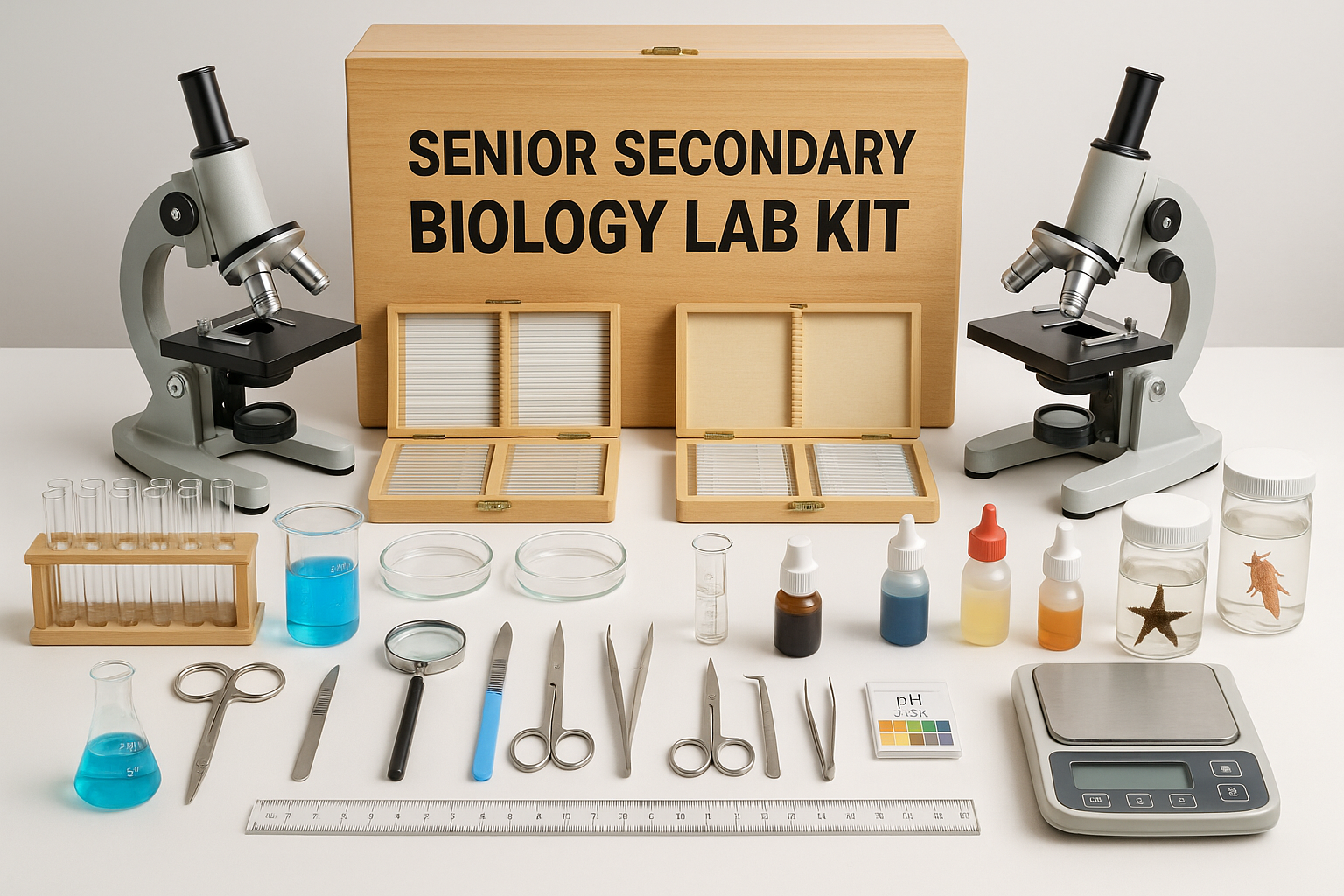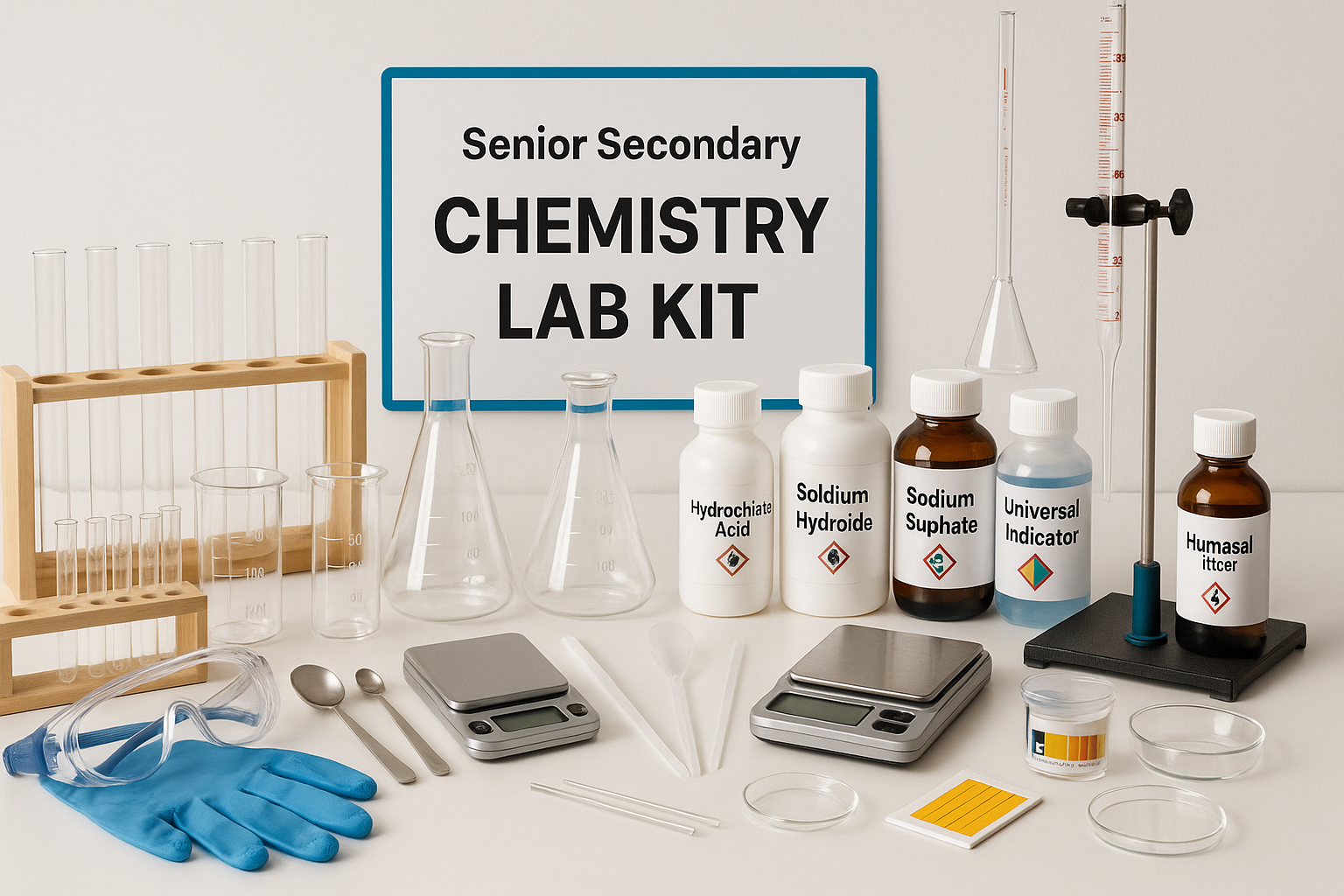Mushroom Lab Equipment: Key Components for Fungal Research
Mushroom lab equipment is essential for anyone looking to delve into the fascinating world of fungal research. As the study of fungi grows in importance, so does the need for specialized tools and equipment designed to facilitate various research processes. From cultivation to analysis, having the right mushroom lab equipment can make all the difference in the accuracy and efficiency of your experiments.
In any mushroom research endeavor, understanding the different types of mushroom lab equipment available is crucial. This range encompasses everything from environmental control systems to specific growth media and analytical tools used in the study of fungi. Each component serves a unique purpose and contributes to the overall success of research endeavors.
One of the foundational pieces of mushroom lab equipment is the autoclave. This device is vital for sterilizing equipment and media, ensuring that all contaminants are eliminated before an experiment begins. Proper sterilization is critical in fungal research, as the presence of unwanted microorganisms can skew results and compromise the validity of findings.
No mushroom lab is complete without a laminar flow hood. This equipment provides a sterile environment in which to work, protecting cultures from airborne contaminants. Using a laminar flow hood allows researchers to manipulate fungal samples without introducing bacteria or other fungi that could interfere with their experiments.
Environmental control systems are also a crucial aspect of mushroom lab equipment. Maintaining the right temperature, humidity, and light conditions is vital for successful fungal cultivation. Climate control systems, such as incubators and climate chambers, allow researchers to create ideal growing conditions for various mushroom species. By tailoring these environmental factors, researchers can optimize growth rates and enhance yields.
In addition to basic lab equipment, specialized tools such as petri dishes, test tubes, and pipettes are essential for culturing and handling fungal specimens. These items enable precise manipulation of samples and media, ensuring that the integrity of cultures is maintained throughout the research process.
Moreover, advanced mushroom lab equipment like spectrophotometers and gas chromatographs play an important role in analyzing fungal metabolites and compounds. These analytical tools allow researchers to quantify nutrients, measure growth rates, and assess the biochemical properties of mushrooms, providing deeper insights into their behavior and potential applications.
The use of molecular biology tools, such as polymerase chain reaction (PCR) machines, has also become increasingly important in mushroom lab research. These tools enable the identification and classification of fungal species through DNA analysis, vastly improving the understanding of fungal diversity and taxonomy.
Finally, investing in quality mushroom lab equipment is only part of the equation. Proper training and understanding of how to use these tools effectively are equally important. Researchers must be adept at using the equipment to ensure reliable results and to contribute meaningfully to the field of fungal research.
In conclusion, mushroom lab equipment encompasses a wide array of tools and technologies essential for conducting effective fungal research. The right equipment not only facilitates growth and analysis but also enhances the overall research experience. As you embark on your journey into the world of fungi, ensure that your lab is equipped with the necessary tools to support your investigations and drive innovation in the study of mushrooms.

